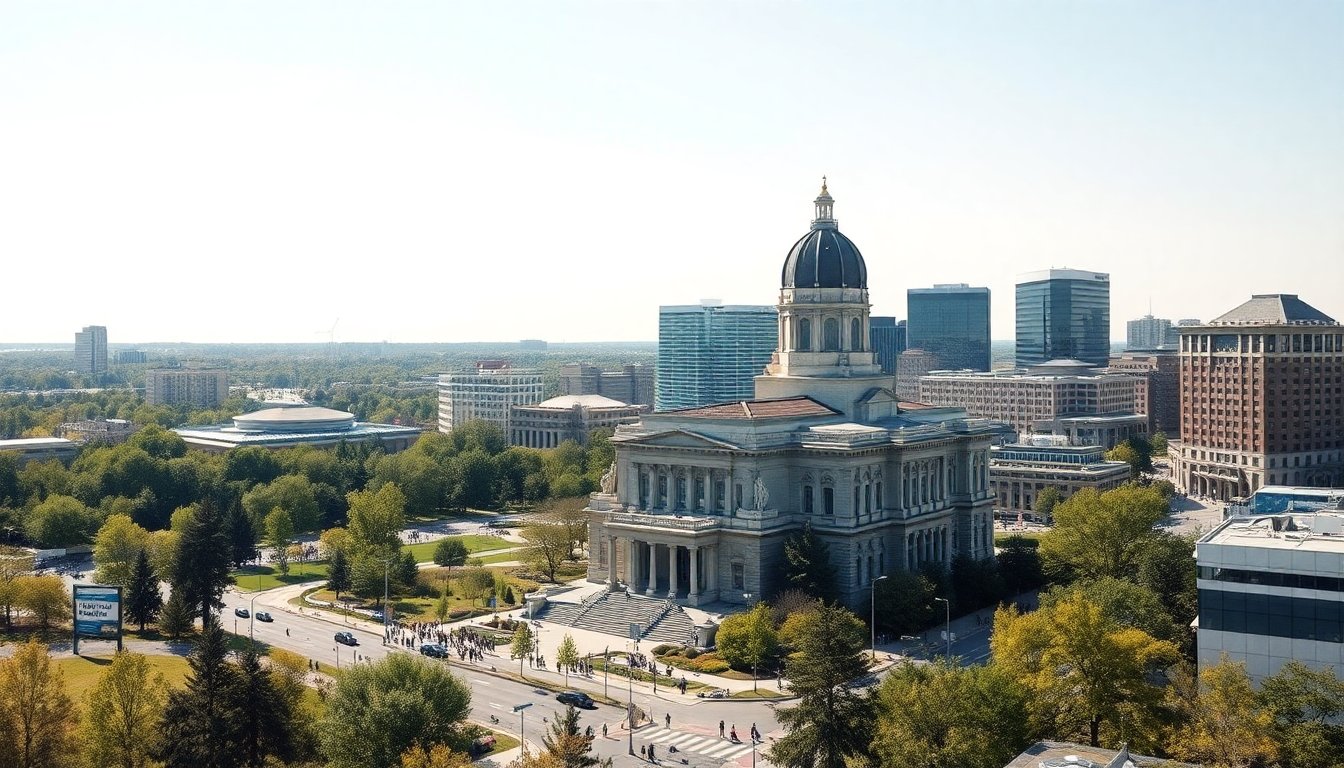Table of Contents
The city of Regina is beginning to unveil its financial outlook for 2026, and residents should take note. A preliminary forecast indicates that the city’s operational expenses could reach approximately $555 million. This figure is accompanied by a projected funding gap of $45 million, which, if addressed solely through property taxes, would necessitate an increase of nearly 13%. This early glimpse into the budget highlights the city’s financial planning challenges and the implications for taxpayers.
Current Financial Landscape
As Regina navigates its budgetary constraints, it is essential to understand the broader context of the local economy and its fiscal health. The preliminary estimates reflect the ongoing pressures faced by municipalities across Canada, where rising costs of services and infrastructure maintenance are becoming increasingly burdensome. Officials emphasize that these figures are merely estimates and that final decisions will be made following thorough budget deliberations slated for December.
With the city’s expenses projected to surge, the focus shifts to how Regina will manage its financial obligations while ensuring that essential services remain intact. The funding gap places significant pressure on city officials to devise strategies that could mitigate the need for such drastic tax increases, which could disproportionately affect low- and middle-income residents. An in-depth analysis of Regina’s revenue sources and expenditure patterns will be crucial in the months leading up to the budget’s finalization.
Implications for Residents
The potential property tax increase raises critical questions for residents about how they will be impacted financially. For homeowners and renters alike, an increase in property taxes could lead to higher monthly costs, affecting overall affordability within the city. This situation may prompt discussions among residents about the value of services provided by the city and the necessity of such tax hikes.
City officials are tasked with the challenging job of balancing fiscal responsibility with the need for adequate funding for public services. As they prepare for the upcoming budget discussions, transparency will be vital. Engaging the community in conversations about budget priorities and potential impacts will help build trust and understanding.
Looking Ahead: Future Considerations
As we look toward the future, it is essential to consider the long-term implications of Regina’s financial strategies. The decisions made in the upcoming budget could set a precedent for future fiscal policies and taxation measures. With the economic landscape continuously evolving, it is crucial for the city to remain adaptable and responsive to emerging challenges.
Moreover, the city must explore innovative approaches to generate revenue and streamline expenditures without compromising service quality. Collaborative efforts with local businesses and community organizations could also play a role in fostering economic growth and stability.
In conclusion, while the preliminary budget forecast for 2026 presents a daunting picture for Regina, it also offers an opportunity for city officials and residents to collaborate in shaping a financially sustainable future. The conversations that emerge from this process will be vital in ensuring that the city’s needs are met while also considering the financial well-being of its residents.


